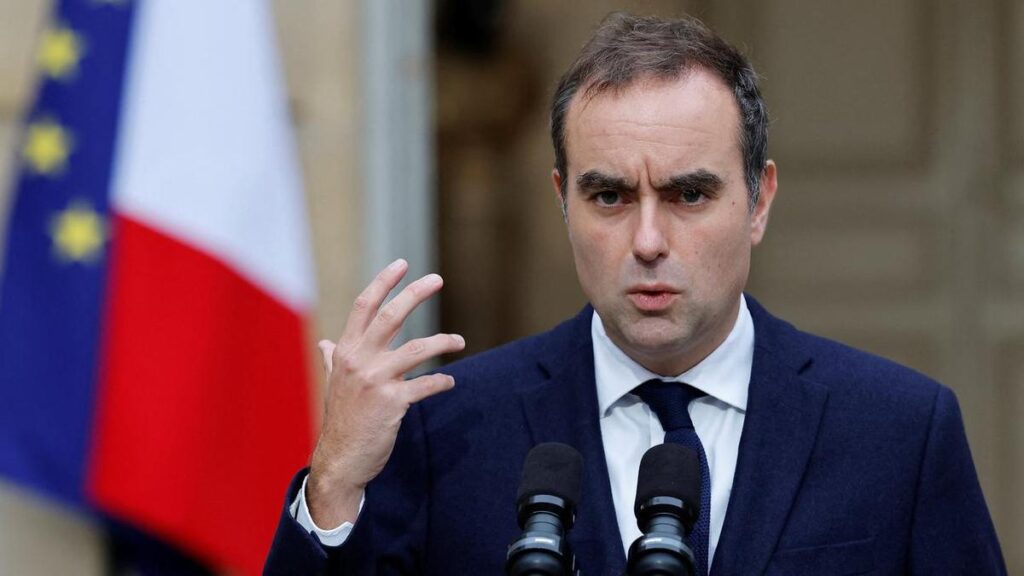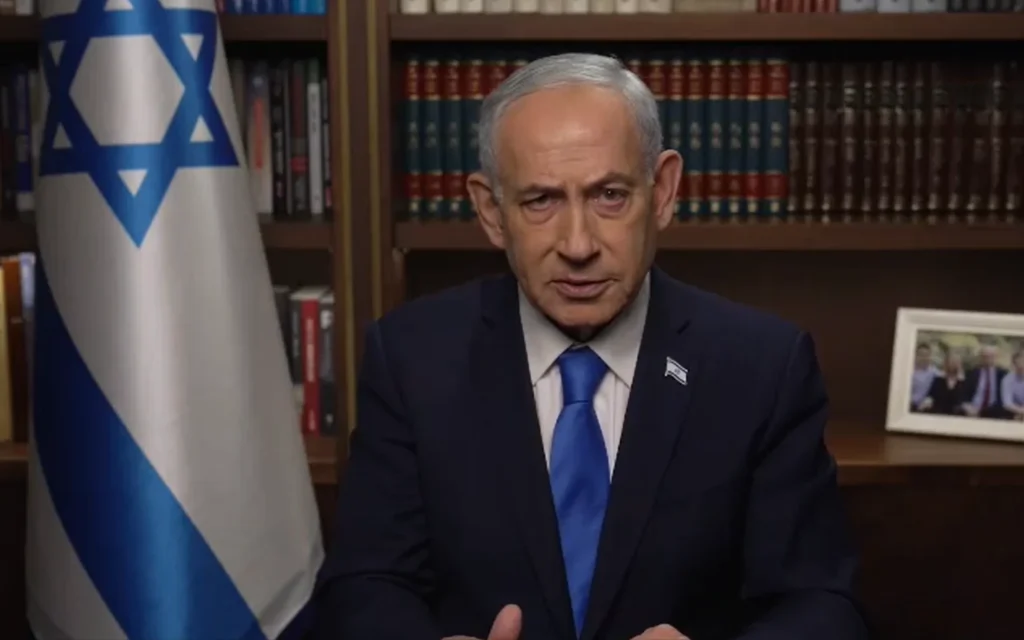
French Prime Minister Sebastien Lecornu has expressed cautious optimism regarding the potential resolution of the country’s budgetary impasse before the end of the year. His comments came as he concluded discussions with various political parties, indicating that the likelihood of a snap election is diminishing. Following a series of meetings on Tuesday with conservative and centre-right factions, Lecornu stated that there is a collective desire to finalize the budget for France by December 31, 2023.
“There is a willingness to have a budget for France before December 31 of this year,” Lecornu told reporters. This sentiment, he noted, has fostered momentum and convergence among the parties involved. He emphasized that such collaboration reduces the prospects of parliamentary dissolution, which has been a concern amid France’s ongoing political turmoil.
Lecornu, who is the fifth prime minister in two years, is set to report back to President Emmanuel Macron later on Wednesday regarding the outcomes of his discussions. Macron has faced mounting pressure from the opposition to consider either calling for immediate parliamentary elections or resigning in an effort to end what is being labeled as the worst political crisis in decades.
The Prime Minister tendered his resignation alongside that of his government on Monday, marking a notably brief tenure as the administration faced threats of being toppled from both allies and adversaries. Lecornu highlighted the challenges he encountered, stating that such threats would hinder his ability to govern effectively.
As he prepared for further talks with the Socialist Party and the Greens, Lecornu expressed hope that a consensus could be reached to reduce France’s budget deficit to between 4.7 percent and 5.0 percent, down from a target of 5.4 percent for 2025. His discussions aim to identify the concessions necessary to secure support for the budget agreement.
The Prime Minister’s cautious optimism reflects a significant shift from the previous weeks, where political instability loomed large. The outcome of these negotiations could have lasting implications, not only for the government but also for the economic landscape in France as it navigates through these challenging times.






